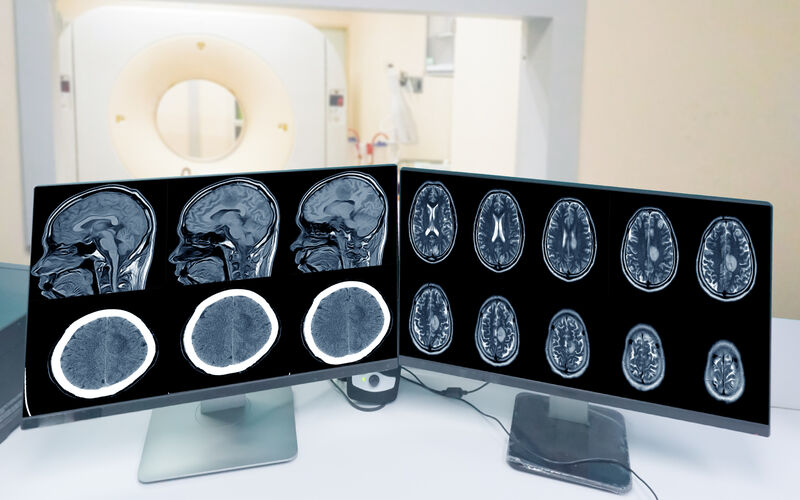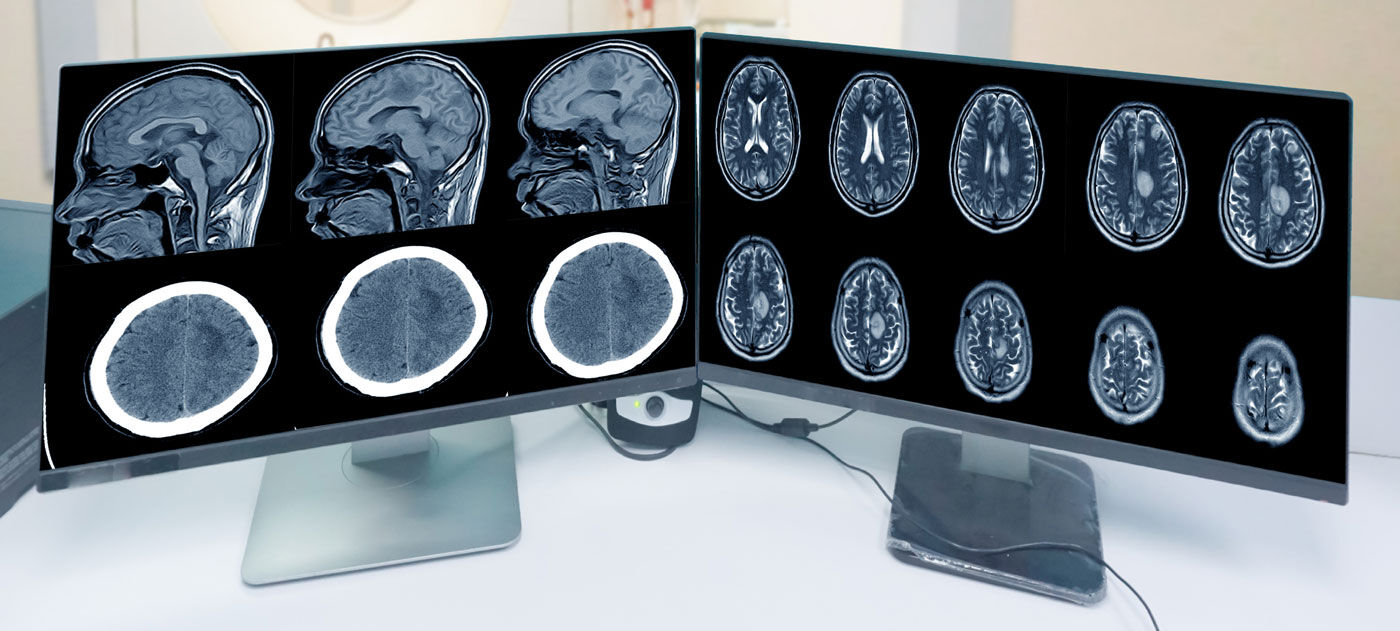Can Triplet Therapy Help Treat Symptomatic Melanoma Brain Metastases?
While patients with melanoma metastases to the brain have historically had poor prognoses, the introduction of BRAF-targeted therapy and immunotherapy has improved survival rates.
However, that has not been the case for patients who have symptomatic brain metastases and/or are on steroids for their tumors. About one-third of melanoma patients with brain metastases experience neurologic side effects and/or require corticosteroids. The response rate to the immunotherapy combination treatment of nivolumab and ipilimumab for these symptomatic patients is 22%, with median progression-free survival of 1.2 months, compared to a response rate of 54% and median progression-free survival of over three years for patients with asymptomatic brain metastases.

Zeynep Eroglu, MD
“Patients who get upfront immunotherapy for symptomatic melanoma brain metastases oftentimes do not have good outcomes due to corticosteroids,” said Zeynep Eroglu, MD, a medical oncologist in the Cutaneous Oncology Department at Moffitt Cancer Center. “We know high doses of steroids, while necessary to manage symptoms from brain metastases, can be detrimental to immunotherapy. In addition, symptomatic brain metastases can also be associated with larger tumor burden or faster progression.”
Hoping to improve outcomes for these symptomatic patients, a randomized phase 2 trial investigated the efficacy of a triplet treatment regimen of BRAF/MEK inhibitors (encorafenib and binimetinib) with anti-PD-1 monotherapy (nivolumab) versus the standard of care immunotherapy combination of nivolumab and ipilimumab. The results of the trial were presented at the 2025 American Society of Clinical Oncology Annual Meeting.
Thirty-one patients with symptomatic melanoma brain metastases with a BRAF mutation were enrolled in the study. About half had prior surgery or radiation for their brain metastases and about half were taking corticosteroids. They were randomly assigned to receive the triplet therapy or standard of care immunotherapy.
Patients who received the triplet regimen had significantly improved progression-free survival compared to those who received immunotherapy alone. At six months, 54% of patients on the triplet therapy showed no disease progression compared to 20% of patients receiving the standard combination immunotherapy, with response rates of 67% versus 14%, respectively.
“Given this improvement in response rates and progression-free survival, a BRAF-targeted-immunotherapy triplet combination may be a therapeutically useful regimen for patients with symptomatic melanoma brain metastases,” said Eroglu, one of the study’s authors.
Eroglu says the next steps would be to explore the triplet regimen in a larger clinical trial or in comparison to sequential targeted-immunotherapy regimens.




